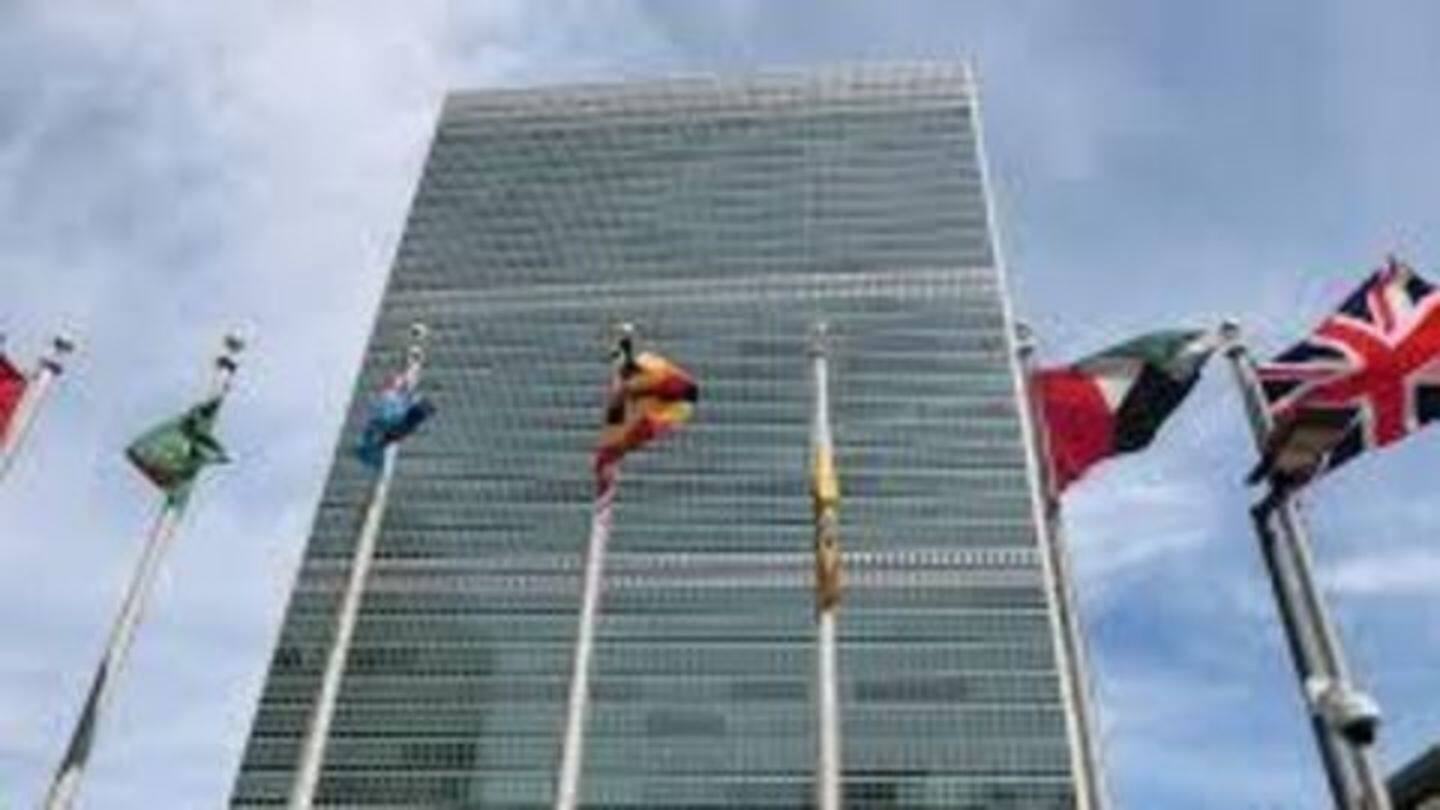
UN acknowledges role in Haiti's deadly cholera pandemic
What's the story
The UN has admitted to having played a role in the deadly cholera pandemic that is still ongoing in Haiti for over six years.
After protesters blamed the epidemic to have been started by UN's Nepali peacekeepers, and the institution vehemently denying claims filed by affected families, it acknowledged its role in a statement this week.
It also propagated new actions to be adopted.
Cholera epidemic
2010: Haiti witnesses widespread cholera outbreak
Around mid October in 2010, Haiti played witness to a deadly Cholera outbreak that spread across the country, killing thousands, with the ongoing turmoil touted to be the worst cholera outbreak in recent history.
The outbreak even spread to Congo and Dominican Republic, and other neighbouring countries surrounding Haiti.
The cholera outbreak has claimed the lives of about 10,000 people across various countries.
Haiti's first ever cholera epidemic
Cholera pandemic spreads across different countries
The widespread cholera pandemic was said to be Haiti's first cholera outbreak in history, and caused much panic and cause for national security.
The disease struck the country just months after Haiti had suffered a massive earthquake, destroying important infrastructure and civic amenities.
Due to inadequate sewage and water facilities, the epidemic spread across the country and later to Mexico, Cuba and Dominican Republic.
Cholera outbreak
The Haiti epidemic: What was the source?
The outbreak was suspected to have come from one of Haiti's main rivers called the Artibonite river, which had a tribunary connected to a UN military base.
Many of the affected people had frequented the river for drinking water.
The base was home to Nepali peacekeepers, and was blamed to have caused the epidemic.
The UN soon denied the allegations, despite investigations gathering evidence.
Quote
Scientists cite the outbreak to be an imported pandemic
"It very much likely did come either with peacekeepers or other relief personnel. I don't see there is any way to avoid the conclusion that an unfortunate and presumably accidental introduction of the organism occurred," said John Mekalanos, Harvard University microbiology chair.
Quote
UN looks to adopt newer measures to better Haiti's conditions
"A new response will be presented publicly within the next two months, once it has been fully elaborated, agreed with the Haitian authorities and discussed with member states," said Farhan Haq, deputy spokesman for the secretary general.